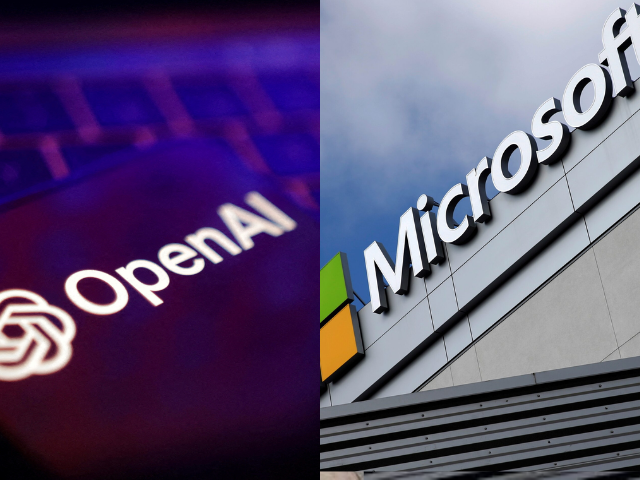A series of high-profile copyright lawsuits against OpenAI and Microsoft have been consolidated into one legal proceeding in New York, despite objections from many of the authors and news organisations involved.
The US judicial panel on multidistrict litigation issued a transfer order on Thursday, moving 12 lawsuits—including those filed in California by authors Ta-Nehisi Coates, Michael Chabon and Sarah Silverman—to the Southern District of New York.
These will now be combined with other cases filed by the New York Times and authors such as John Grisham, Jonathan Franzen and Jodi Picoult.
The order stated that the lawsuits share factual questions concerning allegations that the companies used copyrighted works, without consent or payment, to train large language models (LLMs) powering tools like OpenAI’s ChatGPT and Microsoft’s Copilot.
“Centralisation will allow a single judge to coordinate discovery, streamline pretrial proceedings, and eliminate inconsistent rulings,” the panel said.
While plaintiffs had opposed the consolidation, arguing the claims were too distinct, the panel concluded that the complexity and overlap of technological and legal issues warranted unified handling.
OpenAI welcomed the development. “Our models are trained on publicly available data, grounded in fair use, and supportive of innovation,” a spokesperson said.
In contrast, Steven Lieberman, lawyer for the Daily News, said the outlet would pursue claims of “widespread theft of millions of Times and Daily News works.”
The litigation comes amid broader concerns over AI’s use of copyrighted material. Several authors involved in these suits have also filed complaints against Meta, accusing it of using the shadow library LibGen to train its models.
On Thursday, authors protested outside Meta’s London offices, criticising the company’s handling of their work. Meanwhile, Amazon confirmed that its new AI-powered “Recaps” feature for Kindle series is live, prompting concerns about the accuracy of generated summaries.
In the UK, lawmakers are pressing the government over similar copyright issues, calling for a full economic assessment before moving forward with AI training exemptions.

